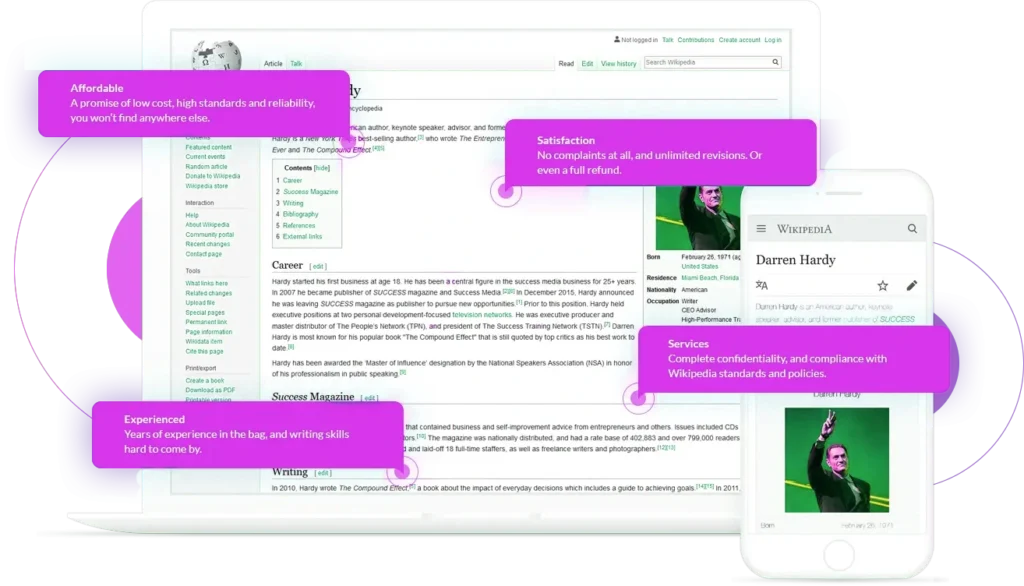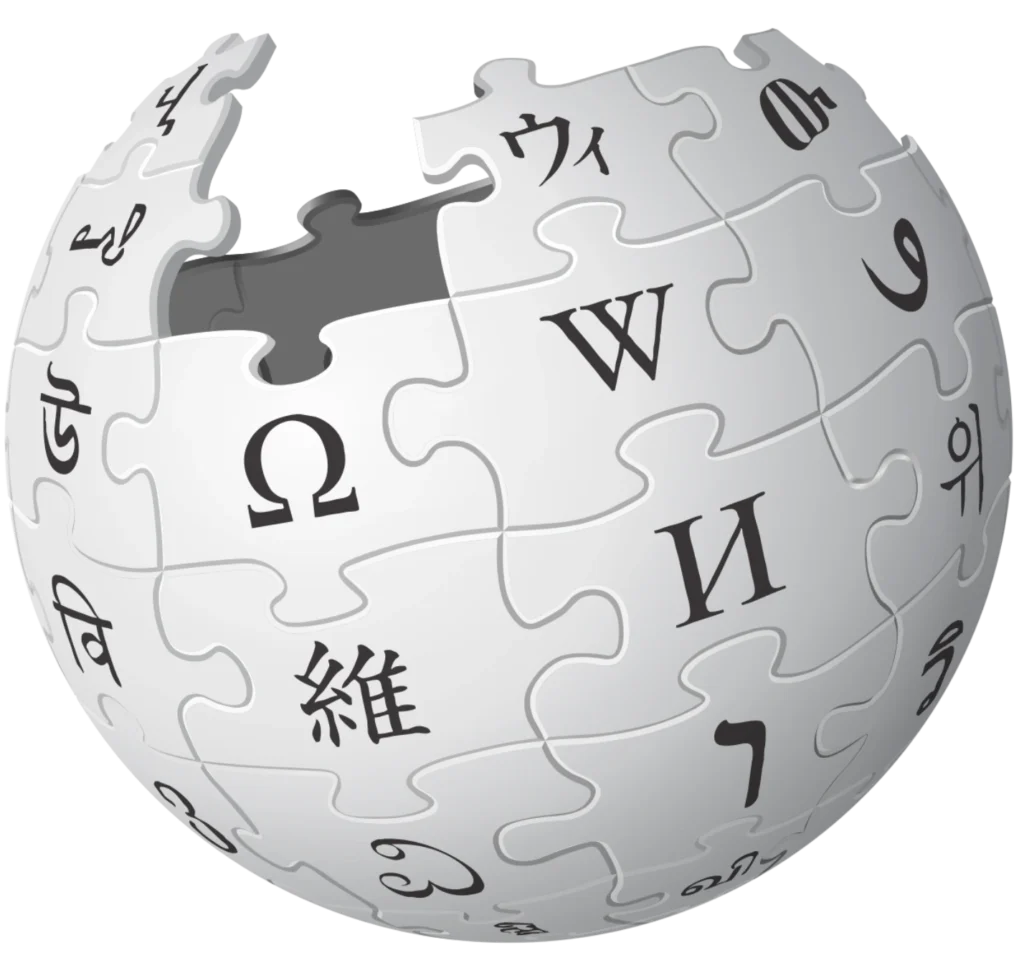Wikipedia’s Role in Academic Recognition
Wikipedia remains one of the world’s most visited websites, consistently ranking among the top search engine results. For academics, this visibility directly affects how peers, institutions, students, and media interpret their work and authority. As a neutral, citation-driven platform, Wikipedia helps define public knowledge standards. Its content often influences research visibility, media narratives, and even institutional referencing.
Enhancing Visibility Through Verified Information
An accurate, well-structured Wikipedia page increases online discoverability. Professors with dedicated Wikipedia entries often gain greater exposure across digital platforms. The presence of a Wikipedia page signals notability, scholarly contribution, and institutional relevance. It also helps link fragmented online profiles into a single reference point validated by independent sources.
Wondering if your academic profile qualifies for a Wikipedia entry? Check your eligibility here.
Supporting Collaboration and Public Engagement
Wikipedia acts as a public academic reference. When researchers, journalists, and institutions seek credible collaborators, they often turn to Wikipedia entries as a starting point. A maintained page summarises achievements, affiliations, and citations. This fosters outreach, supports grant applications, and encourages interdisciplinary engagement across academic and non-academic fields.
Editorial Standards: Accuracy, Neutrality, and Verifiability
Wikipedia enforces strict editorial rules. Every claim must cite reliable, third-party sources. Content must avoid promotional tone, maintain a neutral point of view, and present balanced coverage. Articles face scrutiny from volunteer editors and must meet notability guidelines. Professors need to ensure that their documented work in secondary sources supports their eligibility.
Wikipedia’s verifiability policy outlines how sources must support all content.

Misconceptions About Wikipedia Page Creation
Many assume that academic rank or years of service guarantee inclusion. This is incorrect. Wikipedia requires significant, independent coverage in notable publications. Others believe that having a page ensures permanent presence. In reality, poorly sourced or promotional pages may be deleted. Understanding Wikipedia’s review process and community standards is critical.
The Role of Professional Assistance
Experts familiar with Wikipedia’s policies can assess notability, identify acceptable sources, and draft content that aligns with guidelines. They do not write on behalf of subjects but facilitate verifiable, neutral documentation. Professional support helps prevent rejection, flagging, or deletion—issues often faced by self-submitted or biased entries.
View our Wikipedia services and pricing to understand what’s included.
Complementing Existing Academic Profiles
A Wikipedia page does not replace Google Scholar, ORCID, or institutional listings. It complements them. It consolidates scattered data into a neutral summary accessible to the general public. It improves digital reputation while maintaining editorial independence. The result is a balanced, third-party perspective that supports broader academic engagement.
Free Eligibility Review: No Obligation
If you are a professor or academic professional seeking to understand your eligibility for a Wikipedia page, we offer a free, confidential assessment. This review evaluates public source availability and alignment with Wikipedia standards. There is no obligation, and all insights are shared for your informational use.

